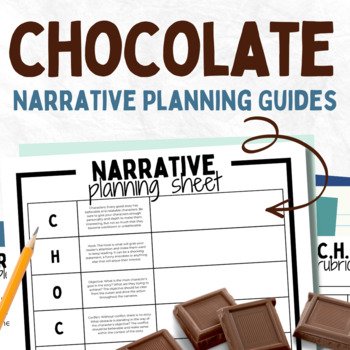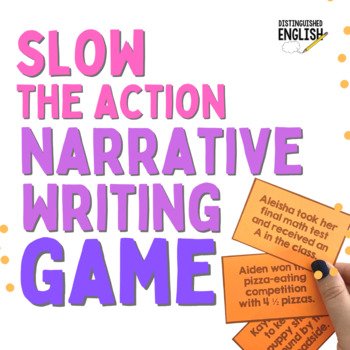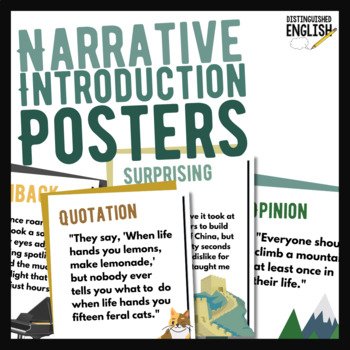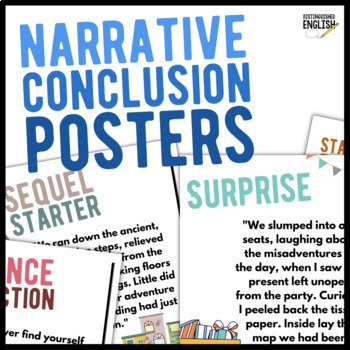Fun Ways to Publish Your Students’ Narrative Writing
I love to write.
If you ever find yourselves in my parents’ basement (which would be really weird), you will find boxes full of notebooks and stapled-together scrap paper that I used to “publish” my writing, starting at five years old.
When I was seven, I sent my first little manuscript to a real publisher. I received the most adorable, gentle, and encouraging rejection letter in return.
When I was in my twenties, I sent a manuscript to the same publisher and got another letter — this time an acceptance letter — signed by the exact same person.
I love to write. But letting other people read those pages that carry a piece of who I am? That’s really special.
When my students write, I try to give them those same experiences. I want them to have that chance to share a piece of themselves with the world.
There are a few fun ways to publish student writing.
Self-publish a collaborative class book with a website like Lulu or Amazon KDP.
My students compiled their writing to self-publish a book with over 100 pages. They formed teams to design the cover, come up with a title, and edit each entry. Then we ordered copies of their book and sold it as a class fundraiser. They were able to raise a few thousand dollars, and they chose to donate a portion of their proceeds to help World Vision dig wells in Africa.
Encourage your students to send their stories to magazines that pay for publishing rights.
I teach at a Christian school, and my students and I have had good luck getting published in Guide Magazine, Primary Treasure, and Insight. My students are always so excited when their checks come in the mail (usually about $100 per article, depending on the length), and they get a complimentary copy of the magazine that they can keep or even frame. If you’re looking for a secular magazine, check out this list of literary magazines.
Feature your students’ writing in your classroom newsletter.
Newsletters are usually for . . . well . . . news, but parents love to see what their kids are working on in class. Featuring a writer in each newsletter is one simple—and free—way to publish your students’ writing. You can even make a Canva template and send it to your students so everyone’s stories look professional when you send them out.
Just getting started on the narrative-writing process? These resources can help!




